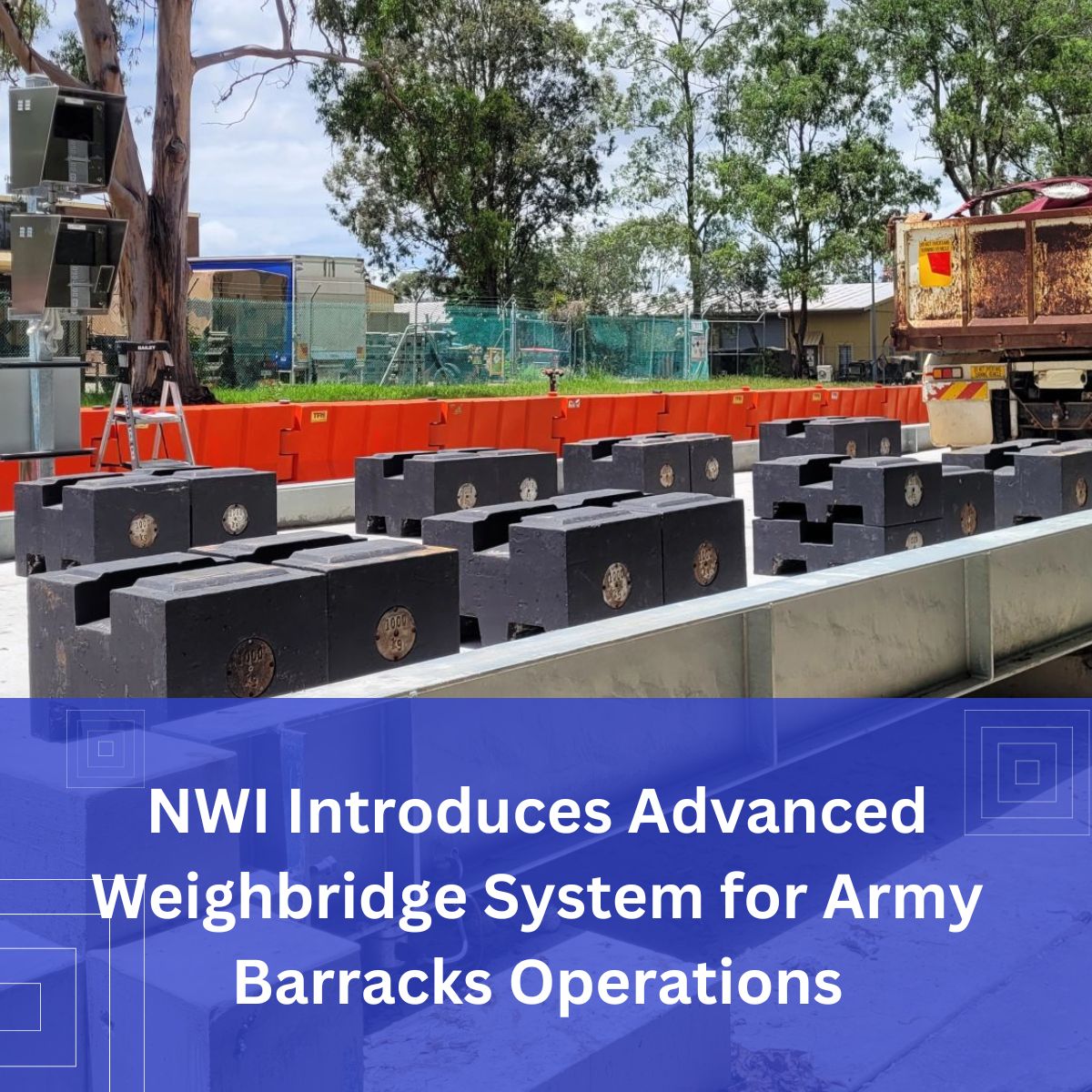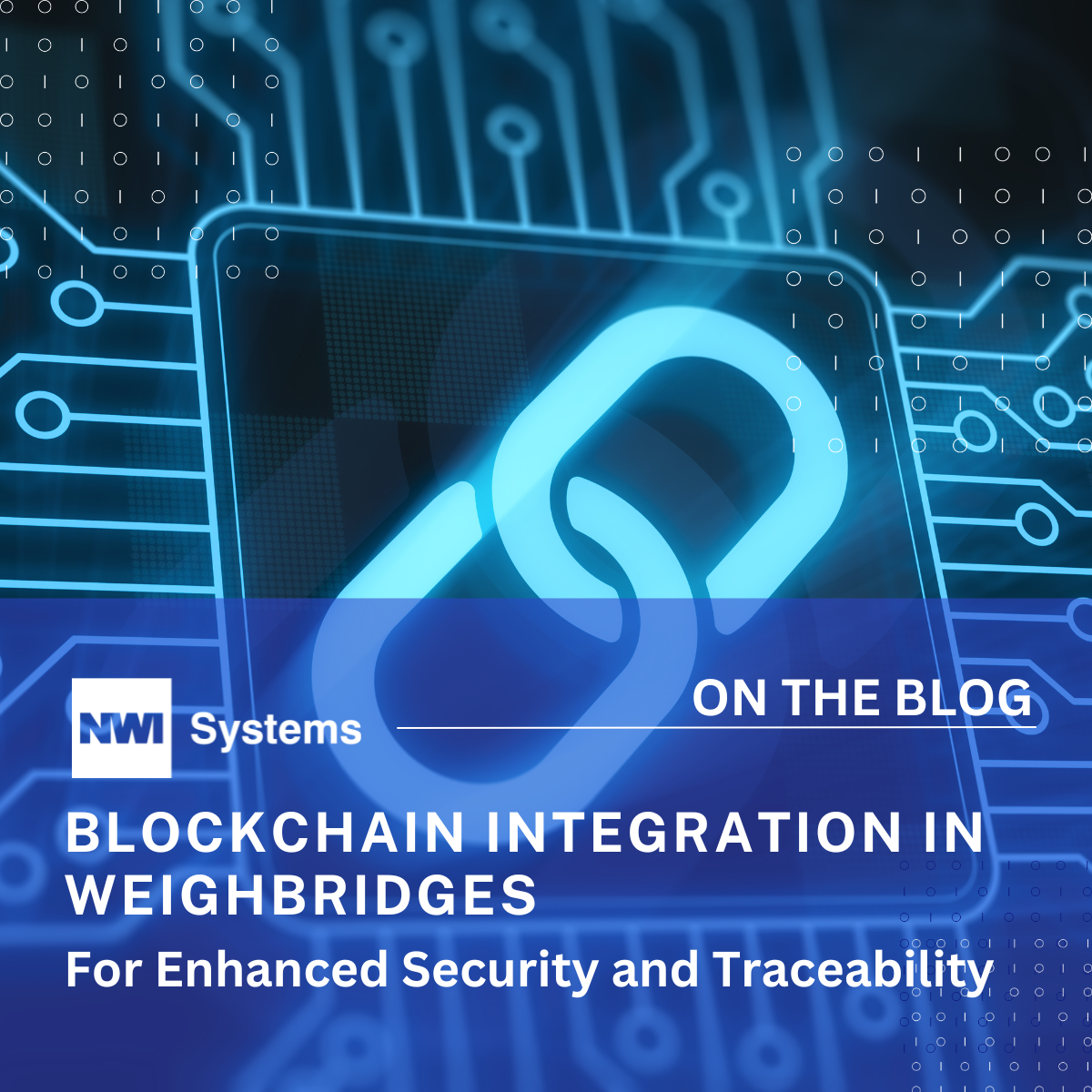All About Trade Measurement Inspectors
The National Measurement Institute is charged with ensuring businesses (and potentially ordinary residents) adhere to the National Trade Measurement Regulations 2009. In very simple terms, the Trade Measurement Guidelines are in place to ensure that consumers get what they pay for. For example, a bottle of soft drink advertised as 1.25L needs to be 1.25L. This means the manufacturers of such products have an obligation to keep all of their measuring equipment properly calibrated for accuracy.
But what does that mean for you, and what is the role of a trade measurement inspector?
What do trade measurement inspectors do?
Trade measurement inspectors can visit a business at any reasonable time, and they don’t need to give prior notice of their arrival. Inspectors may visit businesses in response to consumer complaints or simply as part of their compliance program. Their visit may include:
· Checking measuring instruments for accuracy and correct use
· Checking pre-packaged items for accuracy
· Checking public and private weighbridges
· Investigating specific consumer complaints
· Informing, monitoring and counselling businesses about their obligations
· Taking enforcement action where breaches are discovered
What powers do they have?
Under the Trade Measurement Regulations 2009, trade measurement inspectors have the right to perform all of the duties listed above. They don’t need a warrant or special permission to enter a place of business. However, they do need consent or a warrant to enter residential premises. They can test and verify measuring instruments and check whether serving licensees’ verification marks have been properly applied.
Inspectors can also seize records, documents and instruments if they believe it is necessary. Most importantly, if they find breaches of the regulations, they can take any enforcement action which is required under the National Measurement Regulations 2009. They also have obligations, though, such as producing their identity card, providing copies of documents seized and providing receipts for any physical items seized.
What are your responsibilities as a controller?
A controller is defined as the person who is in control of the business, residential premises or vehicle that is being inspected. As a controller, you’re required to provide inspectors with assistance and answers to questions. You’re allowed to observe any tests or searches undertaken by the inspector, provided you don’t hinder their process in any way.
You’re also required to present the inspector with any documents requested in English (even if the original was not written in English). In the case of a residential search, you have the right to ask the controller to leave at any time if you had previously given consent and there is no warrant.
Penalties for trade measurement offences
There are a number of enforcement actions an inspector can take, depending on the severity of the offence and any other circumstances they deem relevant. The legislation allows inspectors to provide a controller with one of the following:
· A verbal warning
· A notice of non-compliance, which may also include remedial actions to be taken
· A written warning
· An infringement notice with a fine
· An enforceable undertaking
· An injunction
· Prosecution
As you can see, the penalties can vary, which is just one of many reasons that you should always have your measuring equipment in perfect working condition.
How NWI Group can help
Penalties handed down by national measurement inspectors can be minor, but they can also result in downtime and lost productivity. To avoid all of these problems, contact NWI Group today. We have staff qualified to perform licensed trade verification on instruments, in addition to 4 authorised laboratories for legal metrology around the country. Don’t take the risk – get your measuring equipment tested, calibrated and verified today.











